
By Kingsley Webora TANKEH
As access to finance continues to pose a major challenge to Ghanaian businesses and industries, stifling growth and expansion, Bank of Ghana Governor Dr. Johnson Pandit Asiama has assured the business community of a drastic reduction in lending rates to less than 10 percent before the end of his four-year tenure to aid the country’s industrial transformation.
Speaking at a corporate forum organised by the Association of Ghana Industries (AGI) in Accra, the central bank Governor acknowledged the of manufacturing sector’s contributions to economic development – yet high lending rates continue to impede their growth and expansion.
“Every factory floor, warehouse or innovation that you push forward brings our macroeconomic story to life,” he noted.
Of the numerous challenges Ghanaian industries face – including regulatory complexities, competition from imported goods and inadequate skills in financial management and marketing – limited access to finance is the major constraint to growth.
The Governor expressed concern over prevailing high interest rates, which impact business growth.
At its recent Monetary Policy Committee meeting, the central bank unanimously maintained monetary policy at 28 percent – despite the fact that disinflation is on track and the cedi is relatively stable.
This, according to the central bank’s committee, serves to consolidate disinflation gains achieved in recent months.
Inflation has been declining steadily for four consecutive months, from the 23.8 percent recorded in December 2024 to 21.2 percent in April 2025.
Despite this decline, interest rates are still high and continue to bite industries; impeding access to industrial working capital and operational finance for growth and expansion.
Defending the central bank’s conservative monetary policy stance, Dr. Asiama maintained: “We are choosing this discipline today so industry can thrive tomorrow in a low-inflation, low interest rate environment that rewards productivity”.
He said the central bank’s aim is to restore macroeconomic stability, rebuild investor and market confidence and lay a credible foundation for sustainable and inclusive growth.
“My vision is to see lending rates fall to less than 10 percent before the end of my four-year term,” he said, expressing the central bank’s commitment to improving finance access in Ghana.
Dr. Asiama highlighted the AGI Corporate Forum’s relevance, while expressing the central bank’s commitment to creating a conducive macroeconomic environment where businesses can grow and thrive.
“We need to unlock greater flows of sustainable capital and private investment. We are laying the foundations for an economy that is not just recovering, but which is rising with purpose,” he noted.
He proposed that the Bank of Ghana and AGI must establish structured engagement mechanisms which include quarterly consultative forums on industrial credit access and FX policy, sector-specific research partnerships to identify policy bottlenecks and enhance information sharing on regulatory changes and financial market trends.
Acknowledging that the most valuable currency is not printed on paper or stored in vaults, but the trust of people in the economy, Dr. Asiama said: “As macroeconomic conditions improve, we will increasingly shift toward enabling greater private sector-led expansion – particularly in industrial production, exports, and job creation,” he noted.
Ghana’s GDP grew by 5.7 percent last year, led by strong activity in the services and industry sectors.
Ghana also recorded a trade surplus of US$4.1billion in the first four months of 2025 with the current account surplus at US$2.1billion in the first quarter alone, largely due to gold and cobalt exports.
The country’s gross international reserves stand at US$10.7billion, providing about 4.7 months of imports cover. This serves as a cushion against external shocks.
The Ghanaian cedi has appreciated by 24 percent against the dollar, reversing the sharp 90.2 percent depreciation that was witnessed in 2024.
However, the Governor revealed that the central bank is not targetting any specific value for the country’s currency as the cedi stages a firm appreciation bout against the dollar.
“The cedi is trying to discover an optimal path. We monitor the core movements between the cedi and inflation rates – and that will tell us when to pull the brakes and let things take a normal course,” he noted.
Amid concerns that the relative economic stability may be temporary due to debt relief secured by government during the external debt restructuring programme with Ghana’s Official Creditors Committee co-chaired by France and China, the central bank Governor assured the business community that plans are far advanced to cater for our debt servicing.
“We have a profile of all the major payments that are awaiting us for the next year or two. We have what we call the projected cash flow statement or table, which tells us when we need to make more payments,” he said.
The Governor said the two things that will bring permanence to stability of the country’s legal tender is blocking foreign exchange reserve leakages by Goldbod and tracking remittances.
“With the Gold Board, we believe that smuggling and other leakages will reduce, and the next plan is to also tackle remittance inflows,” he added.
He however debunked rumours that the cedi is being artificially stimulated.
“Our goal is not to manage exchange rates but to create a policy environment where market stability can take root,” he said, stressing that the cedi gains are not accidental but the result of deliberate, coordinated and credible policy action that is being implemented.
“The stabilisation we are witnessing today is real, even though it is fragile. It must be protected, deepened and translated into sustained broad-based growth,” he noted.
The post Governor’s pledge : Lending rates below 10 % before 2028 appeared first on The Business & Financial Times.
Read Full Story

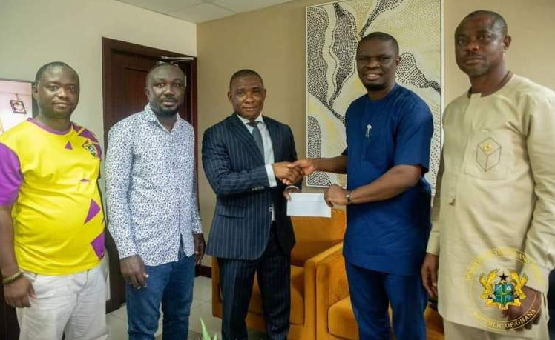
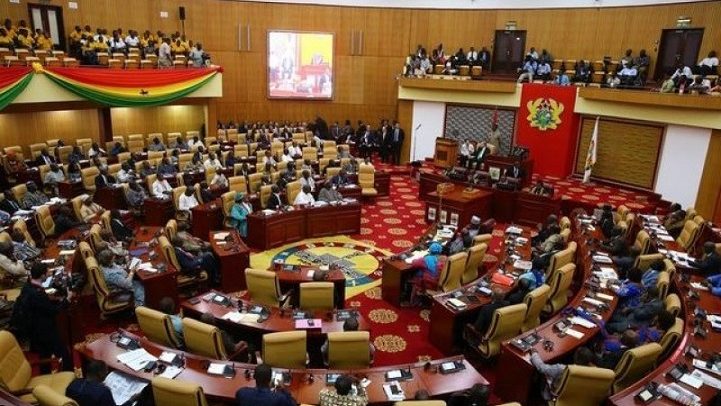

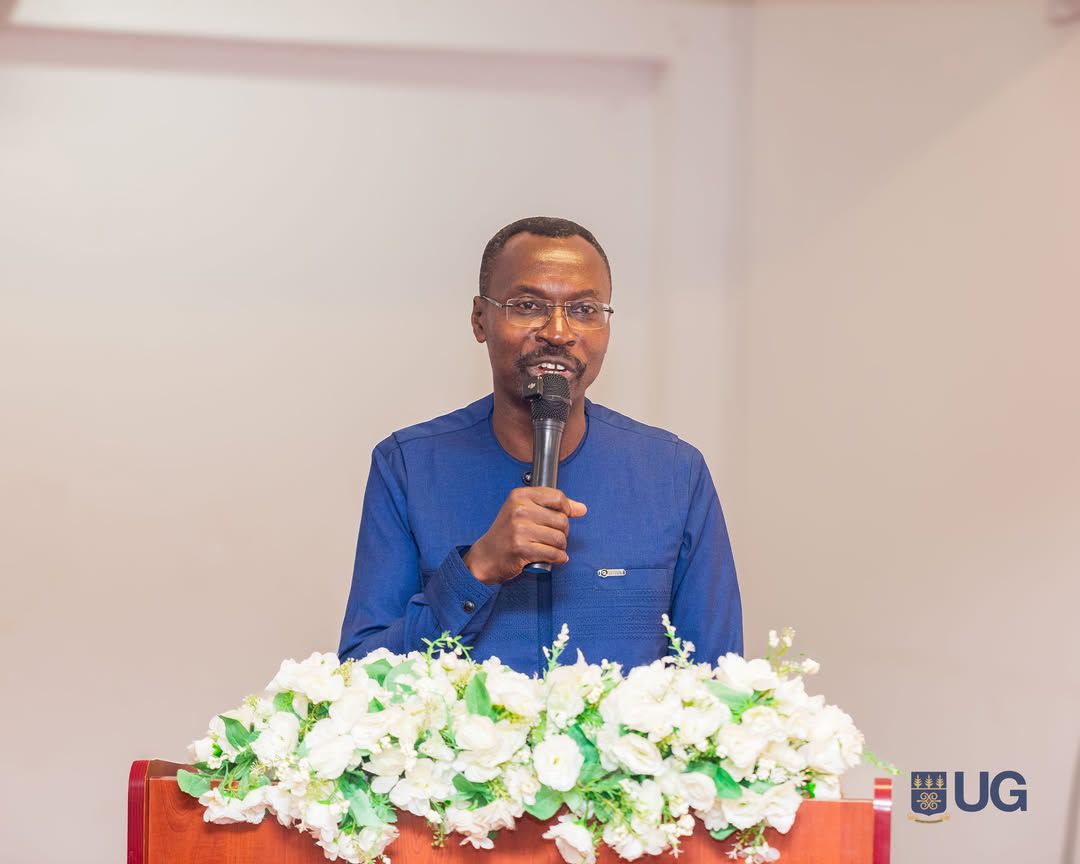
![Dormaahene hails Mahama, vows to carry him at his back if cedi hits GH?8 to $1 [Video]](https://sportal365images.com/process/smp-images-production/pulse.com.gh/01062025/e9150a95-eb04-4066-bf2d-fef977524ffe.png)

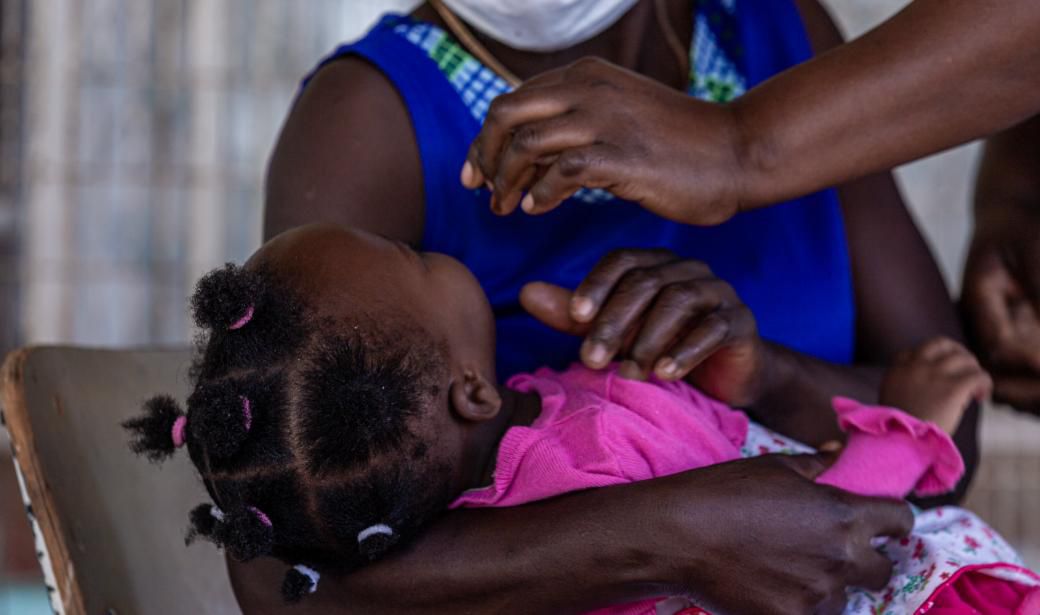
![Hajia4Reall makes a bold comeback with new music after U.S prison sentence [Video]](https://sportal365images.com/process/smp-images-production/pulse.com.gh/01062025/88287b98-5b5d-4e81-b3b1-c4adb7b6ee54.png)

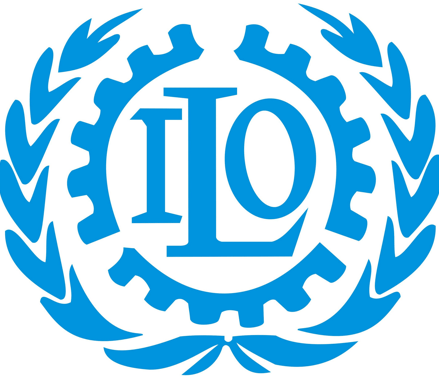
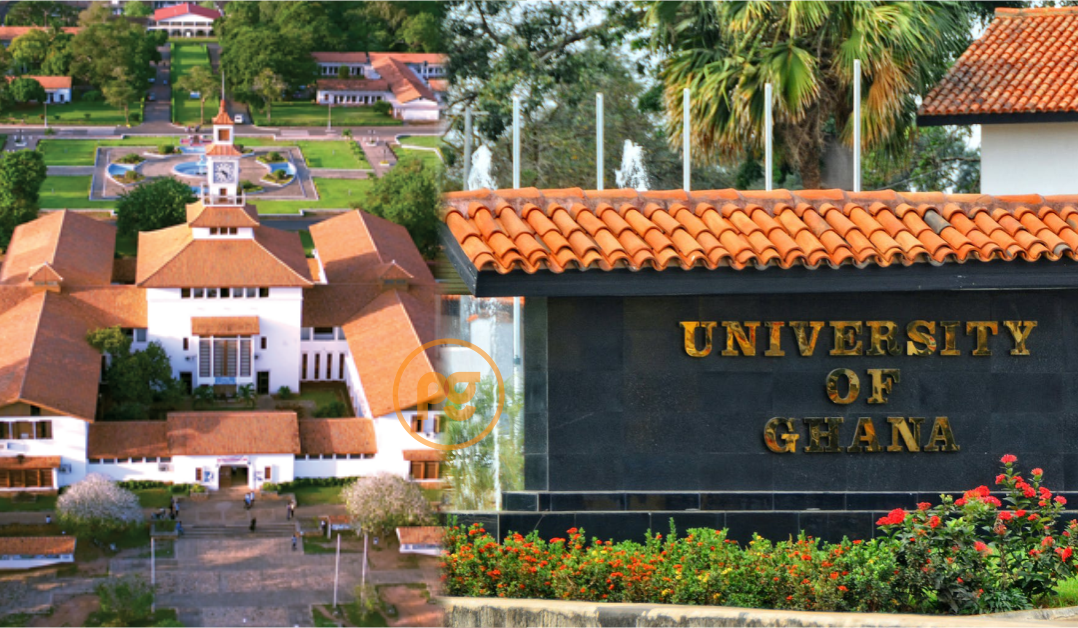



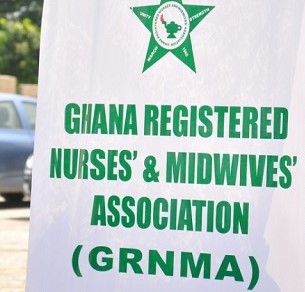






Facebook
Twitter
Pinterest
Instagram
Google+
YouTube
LinkedIn
RSS